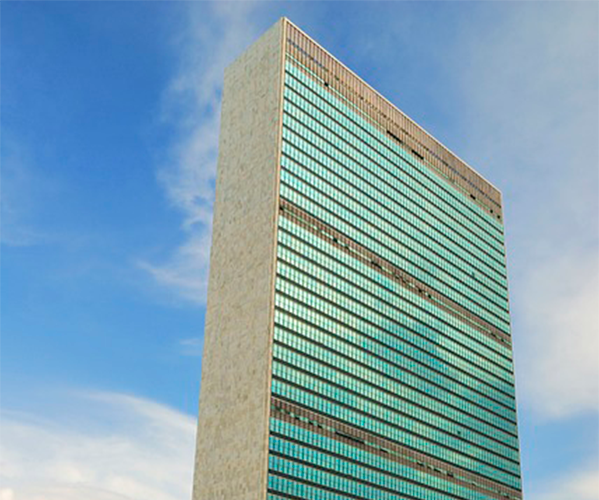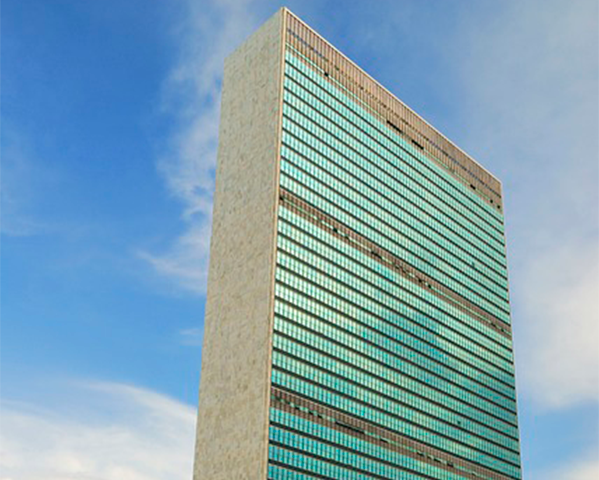Everyone seems to be hopping on the global agenda train, but do they really know what it’s all about?

Just solemn commitments?
The Agenda 2030 comes with an impressive list of 17 Sustainable Development Goals and 169 targets. It’s a catalog of humanity’s problems that need solving. But what happens after the grand declarations? As Pope Francis would say, let’s not be fooled by declarative nominalism. It’s not the first time this has happened. 23 years ago, the “Millennium Development Goals” were proposed, and they proved difficult to implement and measure.
Is uniformity the right path?
The Agenda 2030 invites us all to follow the same path, regardless of our differences and singularities. From what we eat to how we live our lives, it seems they want to turn us into clones of a predefined worldview. What about diversity and freedom of choice? What about those of us who don’t want to be part of a uniform mass?
Reservations from the Holy See
The Holy See has expressed its reservations about certain aspects of the Agenda 2030. Issues such as human dignity, the interpretation of sexuality, and the right to life are points of conflict. The protection of the family and fundamental values are also at stake. The topic is significant enough. Before joining this Agenda, can we take a moment to reflect?
Abortion and gender ideology
When the Agenda advocates for universal access to sexual and reproductive health, in Spain, we know what it means: promoting abortion.
When the Agenda promotes gender equality and respect for human rights, recognizing the diversity of gender experiences and expressions, we also know what it means: imposing gender ideology.
No questions here.
Who is this Agenda accountable to?
Who are they supposed to be accountable to? Accountability and national sovereignty seem to be forgotten aspects in this globalist plan. Are we leaving the decisions that affect our lives in the hands of a supranational elite?
The State as the new “savior”
In the Agenda 2030, the State assumes a leading role, relegating religion and human transcendence to the background. It seems they want us to trust bureaucrats and public officials more than God Himself. Do we really need the State to guide us in every aspect of our lives? A world without God?
In conclusion, I would like to consider what the apostle Paul wrote to the Corinthians in his second letter: “For such men are false apostles, deceitful workmen, disguising themselves as apostles of Christ. And no wonder, for even Satan disguises himself as an angel of light.”
Is the Agenda an angel of light?
If you want to learn more about the Agenda 2030, I invite you to watch this conference by Dr. Higinio Marín Pedreño titled “Agenda 2030: Objectives and Threats”
